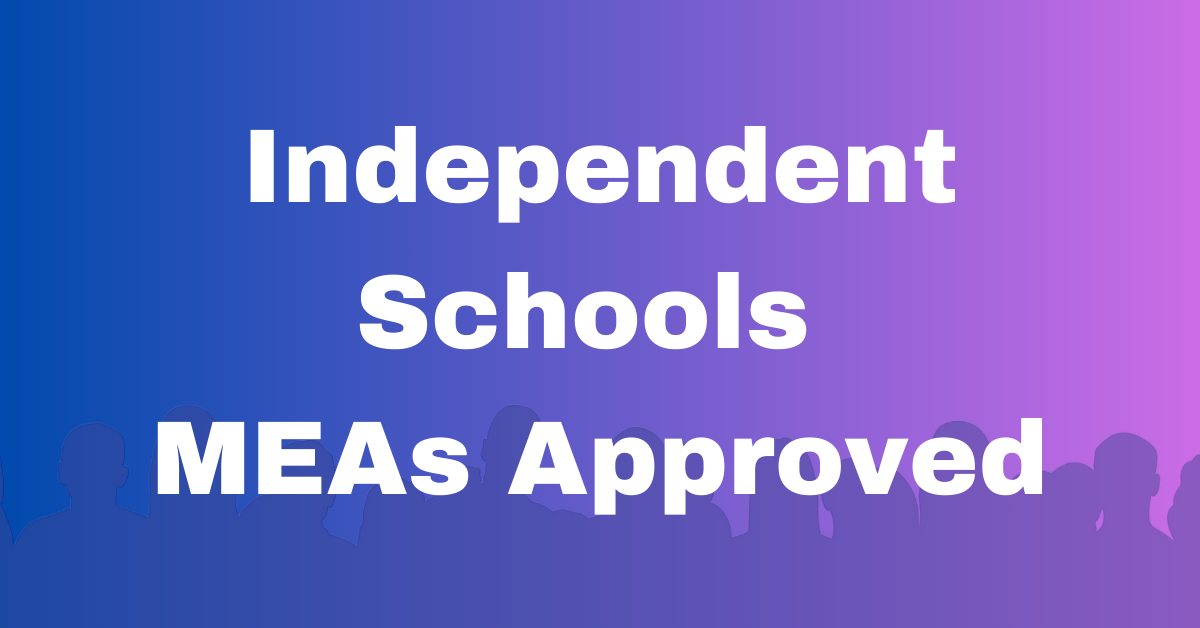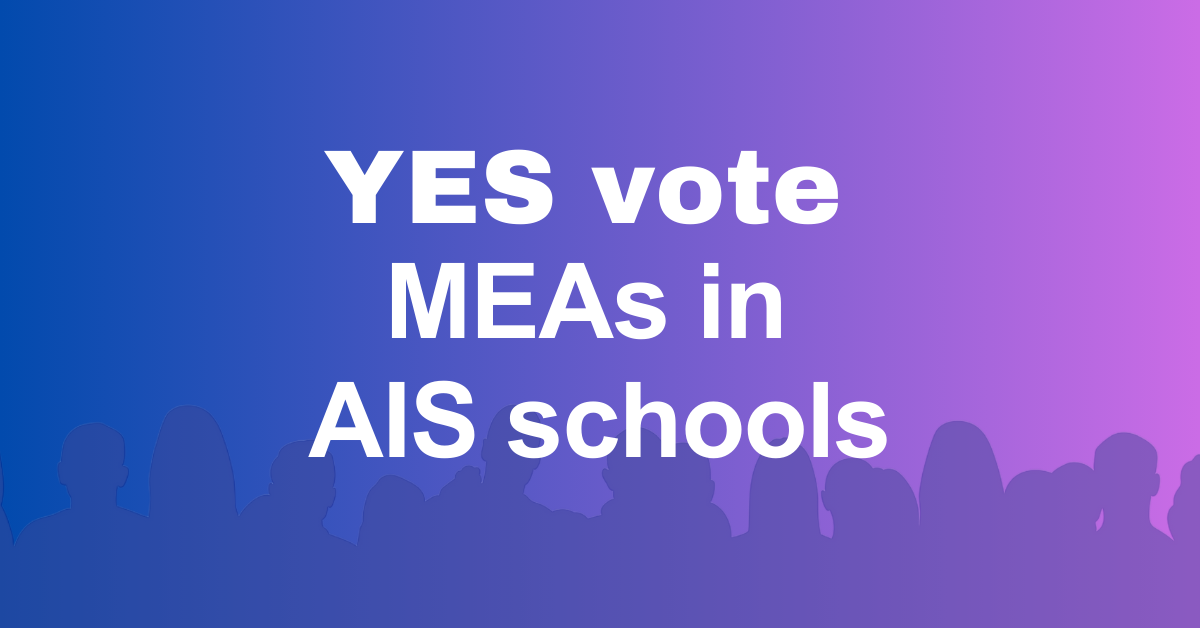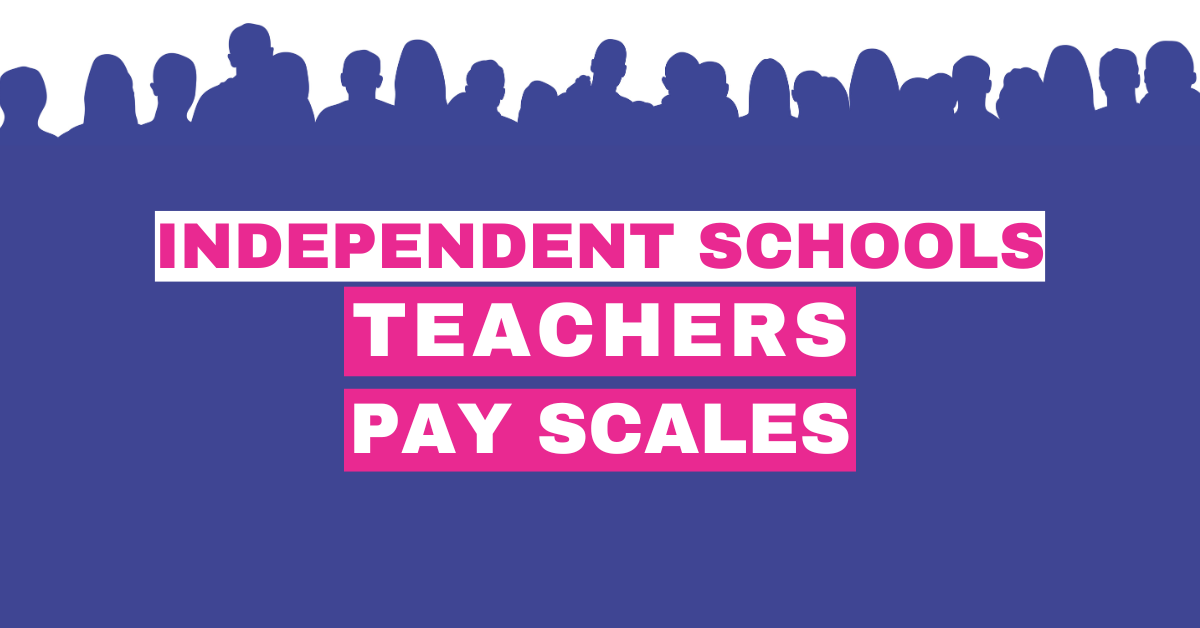Do you work in an independent school in NSW or the ACT? You may have heard a lot of information about our campaign for single interest bargaining and about your MEA. Here’s IEUA NSW/ACT Branch secretary Carol Matthews answering some frequently asked questions to clear things up.
Find out more and say YES to single interest bargaining at your school!
Transcript
Hi, I’m Carol Matthews, Branch Secretary of the IEU.
You may have heard a lot of information about our campaign and about your MEA. Let’s take a moment to answer some frequently asked questions and clear things up!
If we go with single interest bargaining, will there be delays in pay?
Whatever type of MEA we go with, it is unlikely there will be a new MEA by 1 February. It is up to the employers whether they will pay the increase they have already offered and budgeted for effective from 1 February.
Legally, nothing stops schools from giving pay increases early. We’re not the ones to delay your pay!
Does single interest bargaining mean each school will bargain individually?
Not at all! Single interest bargaining is just another way for a group of employers to negotiate an MEA. Schools have common interests – that is to deliver education and they operate under the same funding rules – so they can bargain collectively under the new single interest bargaining stream. We want schools to stay together, because we are stronger together.
Is the IEU holding up bargaining?
No, the IEU isn’t stopping negotiations! We’ve even written to the AIS asking to continue bargaining, and that letter is available on our website. We have two meetings planned with the AIS.
Our goal is to get the best MEA for our members, and stopping bargaining is not in the best interests of our members. There are still a lot of issues that need to be fixed, including how existing teachers will move to the new pay scale.
If we were successful in getting a single interest authorisation, do we need to start bargaining from scratch?
Absolutely not! Single interest bargaining is just another type of an MEA but the bargaining is the same. If we get the authorisation, we can simply pick up where we left off and keep building on what we’ve already agreed. The only difference is if the bargaining does not progress, we can ask the Fair Work Commission for help in resolving the outstanding matters.
What is the petition for and who gets to see it?
The AIS told us that they do not know if their schools will support single interest bargaining. Under the legislation, if schools do not agree to this stream of bargaining then we need to show that a majority of teachers want to bargain this way. That’s why we’ve created this petition – to show that more than 50% of teachers at each school are supportive.
The petition is only visible to us. We’ll only share it with the Fair Work Commission. Your employer will not find out whether you have signed the petition.
Will the School Based Standards mean all schools must follow the same rules?
No, of course not. Our claim for school-based standards is simply a request that each school tells teachers what their expectations are. It’s about transparency.
Some schools already do this – so we ask: if some schools can do it, why can’t everyone? Transparency benefits all teachers!
Remember, the union looks after the interests of our members. We are here to protect your rights and to fight for better pay and working conditions for you. It’s your choice, not your employer’s choice.
If you have any more questions about our campaign, please speak to your Union organiser or email us so we can help you make an informed decision.
For more information, please visit our website or contact us.
[End video]
Resources
- Sign the petition: Say YES to single interest bargaining for your school
- Independent Schools Teachers’ MEA: Your questions answered video | transcript
- What is Single Interest Bargaining? video | transcript* coming soon
- The state of PAY: NSW independent school teachers video | transcript
- The state of PAY: ACT independent school teachers video| transcript
- What are School-based Standards? video | Reel
- IEU Reps speak out: IEU members want action on workloads!
- Video: What are Delegate’s Rights?
- IEU letter to AIS – 22 October 2024




